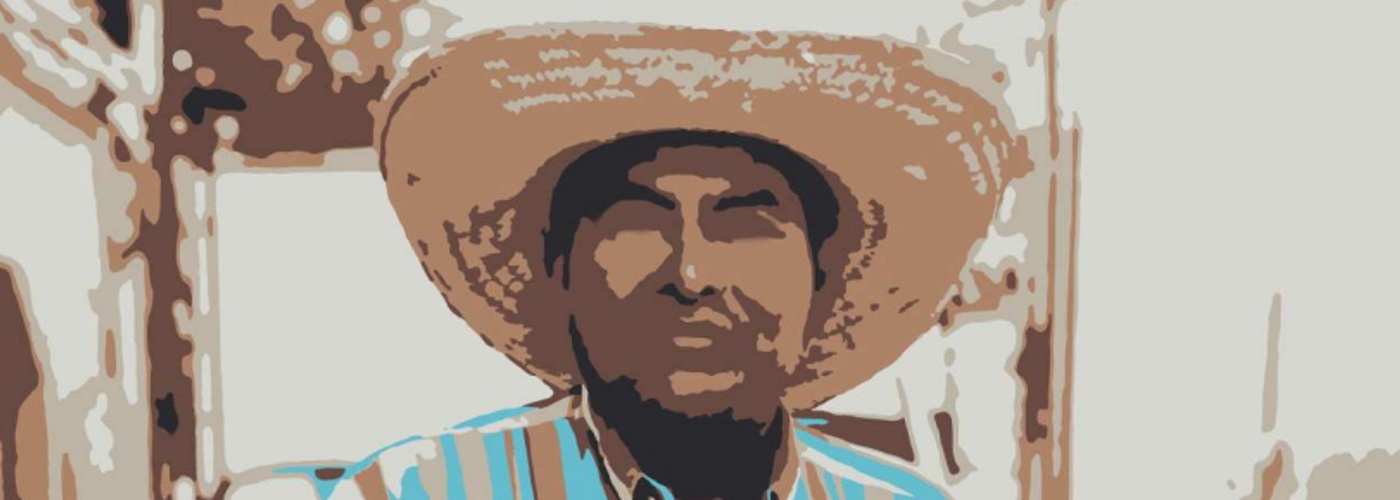Civic Space Monitoring Report – Colombia 2025
In Colombia, being a human rights defender is very risky business. Those who defend the land, natural resources, and rights of Afro-Colombian and Indigenous communities face constant threats that undermine their right to participate, express their opinions, and decide on their future. This study names and quantifies the problem, identifies patterns, recognizes gaps, and sheds light on the realities experienced by Afro-Colombian and Indigenous communities.

